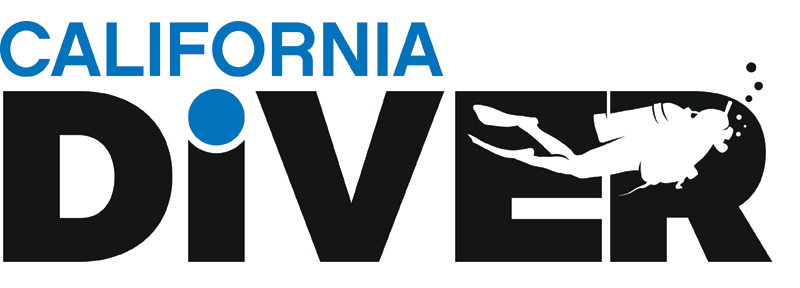Lexa and Jake Mendenhall from Arizona recently went to Thailand to celebrate their first wedding anniversary, and while on the trip participated in their first open water dives since certification. They made two dives, and on the second dive they surfaced to find the dive boat gone. They were stranded with two dive instructors from the Thai diving company and another couple of novice divers.
“I kept thinking, ‘What if there’s no boat? It’s evening. What boat goes out in the evening?” Lexa recalled.
After 45 minutes in the rough, choppy water and hidden from other boats in 5-foot swells, they were able to flag down another passing boat using one of the instructor’s rescue tubes. It was after dark when they boarded a passing boat full of snorkelers. They later found out their boat captain had engine trouble and chose to leave them all in the water while he went back to shore for repairs.
Being left behind from a dive boat has been the topic of several movies (such as 2003’s Open Water), the subject of a handful of investigative news stories, and clearly the fear of many boat divers. In the United States, dive boats have implemented very thorough safety procedures to make sure divers aren’t left behind; the same in Australia and many other popular dive destinations. Experienced boat divers are generally very safety-conscious and take along basic safety equipment, such as a safety sausage, mirror and whistle.
With safety procedures in place by charter operations and awareness of experienced divers, divers being left behind is fortunately a very rare occurrence, but there are many situations where divers find themselves in an emergency situation where they need to summon help. A diver may surface out of visual range of their boat, drift beyond an exit point when shore diving, or surface to find their anchored dive boat adrift, for example. This is where radio communications become extremely valuable.
A few months ago we introduced the Nautilus Lifeline, and we recently met up with Nautilus Lifeline inventor Mike Lever. Notably, Mike is also an experienced dive boat captain who can relate to the fear of leaving a diver behind. He put together his experience as both a boat captain and diver to create the Lifeline – a submersible VHF radio worn during the dive. We gave Mike a few minutes (actually, a minute) at the DEMA show to share why the Lifeline is such an important safety device for every diver:
The Nautilus Lifeline is simply a great piece of dive gear that ever diver should consider taking with them on every dive, and for $299, it’s cheap insurance. Unlike a service such as SPOT, there are no annual subscription dues – once you buy it, you’ll have radio communications to all dive boats and shore stations in range for its lifetime. It’s also a great Christmas present for the diver in your family!
For more information on the Nautilus Lifeline, visit their website by clicking here. The Lifeline is available at many local dive shops and retailers as well as directly from the Nautilus Lifeline website.
